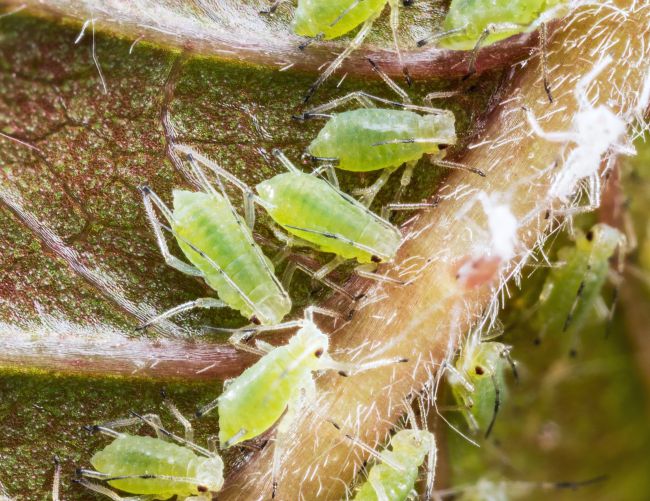Protect your garden from pests

Organically Protect Your Garden from Pests with Some Forward Planning
GardenAdvice.co.uk Gardening Calendar – 3rd Week of March
This week, the GardenAdvice Gardening Calendar focuses on proactive methods to control pests in your garden over the next few months. Most of these methods are organic and can be easily implemented to protect your plants—all it takes is some forward planning.
Companion Planting – Nature’s Pest Control
Companion planting is an age-old gardening technique that helps deter pests naturally. By strategically placing certain plants together, you can reduce infestations and minimize damage to your crops.
- Nasturtium: Acts as a sacrificial plant, attracting pests away from crops and ornamentals.
- Calendula: Its bright flowers confuse insects, reducing infestations.
- Pyrethrum: A natural insecticide used since ancient Egyptian times to repel pests.
- Garlic Interplanting: Helps deter aphids and other pest insects when planted in vegetable gardens and shrub borders.
Controlling Vine Weevil in Pots
Vine weevils have become an increasing problem in recent years, particularly for potted plants. When repotting, watch out for vine weevils, which appear as small, maggot-like grubs with brown heads.
- Vine weevil damage signs: Look for notched leaves on plants and grubs in the soil.
- Nematodes: Apply nematodes (microscopic worms) by watering them directly into pots. These naturally kill vine weevil larvae before they cause damage.
Managing Greenhouse Pests – Whitefly Control
Greenhouse pests, such as whitefly, can quickly become a problem. A combination of companion planting and biological control can help keep their populations under control.
- Incarsia Cards: These contain beneficial Incarsia eggs that hatch into insects that prey on whitefly.
- Regular Inspection: Regularly check your greenhouse plants for signs of whitefly and take action early.
Natural Control of Greenfly on Roses
Aphids, or greenfly, can be a major issue on roses, but natural control methods work well to keep them at bay.
- Soft Soap Spray: This organic spray dislodges and kills aphids by breaking down their protective coating.
- Birds as Pest Controllers: Feed finches with niger seed to attract them to your garden. During the breeding season, these birds will also consume aphids from your plants.
Protecting Against Larger Pests – Deer, Foxes & Squirrels
Larger pests such as deer, foxes, and squirrels can cause significant damage in the garden. Fortunately, there are humane, organic methods to deter them.
- Motion-Activated Irrigation Systems: Mini irrigation sprays activate when triggered by a motion sensor. These are particularly effective against deer, squirrels, and foxes, which dislike sudden sprays of cold water.
Pest Control for Fruit Trees
March is the best time to apply pheromone traps and grease or sticky bands to your fruit trees to control pests such as codling moth.
- Pheromone Traps: These target specific pests like codling moths in apple and pear trees.
- Grease Bands: Placed around the base of fruit trees to prevent crawling insects, like moth larvae, from climbing up the trunk.
Sunday: Slug Control – Get Ahead Before They Take Over
As temperatures rise, now is the perfect time to apply slug nematodes to your vegetable and flower borders before they can cause damage.
- Slug Nematodes: These microscopic organisms are watered into the soil to control slugs naturally.
- Best Application Conditions: Apply when the soil is warm and moist, as nematodes move through soil water to target slugs.
By implementing these organic pest control methods, you can protect your garden from common pests while maintaining a healthy, balanced ecosystem. A little planning now will go a long way in ensuring a thriving garden throughout the growing season!





















